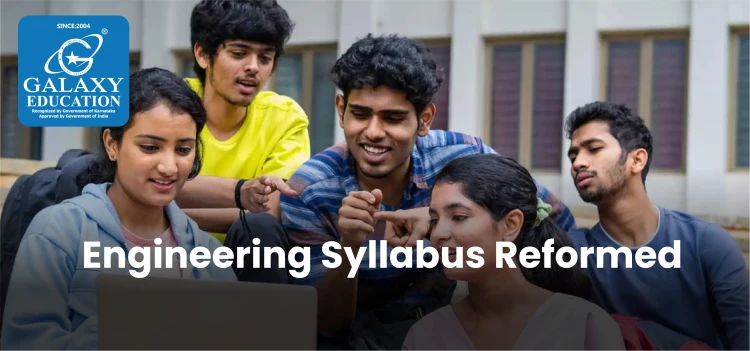Engineers play an important role in the society. From building construction and designing to developing new technologies engineers play a crucial role in and around the world. Engineers are important because they make our daily lives easy by solving society’s problems with various scientific methods. Engineers make the world a better place to live.
The recent Indian Scenario
Engineering colleges in India are supporting their BTech programs in core engineering branches i.e. civil, mechanical, electrical and chemical with mandatory internships, live projects and courses in the new curriculum.
The reason behind giving importance to the core engineering branches is because of the fall in undergraduate enrolment and youth losing interest in the core engineering branch. PG and PhD scholars have the record of staying in the core sector in the initial day of their career but attracting youth or undergraduates is a bit challenging in the current scenario.
Additionally, several top engineering colleges are now planning for a comprehensive reform process to attract students to the core engineering branches. The NIT, Warangal has also set up an in-house board to finalize its new curriculum.
The Delhi Technological University (DTU) has implemented the new curriculum in the 2023-24 academic year. The new curriculum is skill and new technology including artificial intelligence and data analytics to name a few as the subjects of the core branches and new technology have to go simultaneously. The University of Jadavpur, a public university is revamping its syllabus to add new cutting-edge technology courses as electives along with minor specialization. The reform made by various universities aligns with the basic structure of AICTE.
The change in the engineering syllabus focuses on the latest technology. The latest curriculum will focus on the mandatory six-to-eight week’s internship and industry-relevant courses and syllabus reflecting new developments and technologies in the core areas not only in computer science but in every discipline. The new syllabus aims to make students ready for Industry 4.0.
Experiment based learning
The DTU’s new syllabus ensures that the students get industry exposure by introducing problem-based projects to the students. “We are also offering problems or case studies given by industries to students as their projects. Problems from Bharat Heavy Electricals Limited (BHEL), Indian Armed Forces, and a few others have already been allocated to students and we have seen very good results of these projects,” added Rajeshwari Pandey, dean-academics, DTU.
AICTE model curricula
While many engineering colleges are following AICTE’s model to reform their curriculums, several fractions of academics have criticized them for reducing the number of credit courses in core engineering. “While the new AICTE model curriculum has too many things, the time for the number of lectures for a topic is too small. This means that basic engineering subjects and applied engineering subjects, where the knowledge of core subjects was given, will get neglected,” elaborated Sumanta Neogi, professor, department of mechanical engineering, Jadavpur University.

